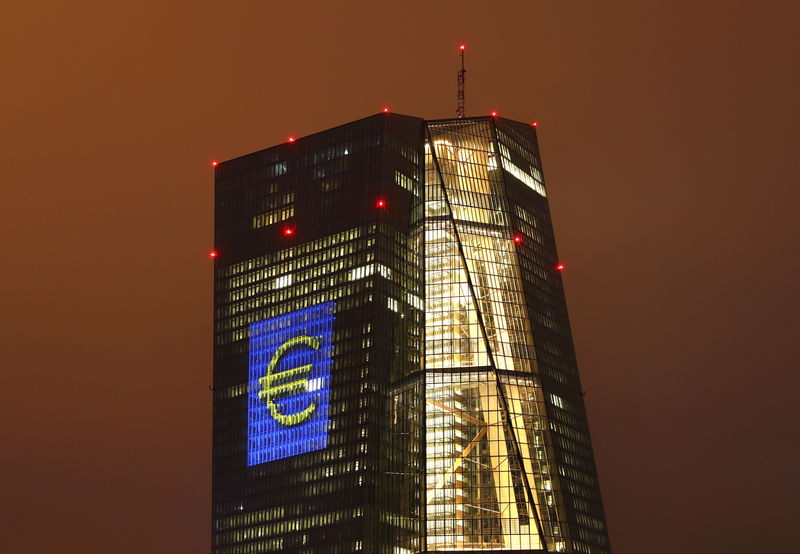One & One Green Technologies stock soars 100% after IPO debut
Investing.com -- Danske Bank (CSE:DANSKE) now expects just one more 25 basis point rate cut from the European Central Bank in September, bringing the deposit rate to 1.75%, and has dropped its previous forecast for a July cut.
The bank sees a possible, but less likely, additional reduction in the fourth quarter, as inflationary pressures ease but uncertainty around the ECB’s path remains.
The revised outlook follows fresh data showing euro area inflation dipped to 1.9% year-over-year in May, down from 2.2% in April and below the ECB’s 2% target.
The slowdown was largely driven by a deceleration in services inflation, which fell to 3.2% year-over-year from 4.0%, with a monthly drop of 0.04%. The data suggests April’s spike was distorted by Easter timing, and the average over the past two months confirms a disinflationary trend.
Cooling wage growth has also contributed to easing inflationary pressures. Compensation per employee declined to 3.8% in Q1 from 4.1% in the previous quarter. The ECB’s June staff projections forecast wage growth to fall further to 3.2% in 2024 and 2.8% in both 2026 and 2027.
Despite cutting rates by 25 basis points in June, ECB President Christine Lagarde struck a surprisingly hawkish tone, indicating that the rate-cutting cycle could be nearing its end or may already be complete.
The ECB staff also revised down inflation forecasts to 2.0% for 2025 (from 2.3%) and to 1.6% for 2026 (from 1.9%). Lagarde downplayed the revisions, attributing much of the change to temporary effects such as energy prices.
Meanwhile, the euro area economy remains sluggish but is still expanding. Manufacturing PMI improved slightly to 49.4 in May from 49.0, supported by higher output and orders both domestically and internationally, suggesting external trade uncertainty has had limited impact.
However, the services sector contracted for the first time since November, with the PMI falling to 49.7 from 50.1, driven by soft domestic and foreign demand.
Eurozone GDP growth for the first quarter was revised up to 0.6% quarter-over-quarter from an initial 0.3% estimate, mainly due to a 10% surge in Irish GDP, fueled by pharmaceutical exports and foreign intangible investments.
In politics, Dutch far-right leader Geert Wilders pulled his party out of the governing coalition on June 3, triggering Prime Minister Schoof’s resignation and setting the stage for snap elections on October 29.
The coalition collapsed after just 11 months over disputes on immigration policy. Wilders is now eyeing the prime minister role, although his party’s support has waned since its 2023 election win.
